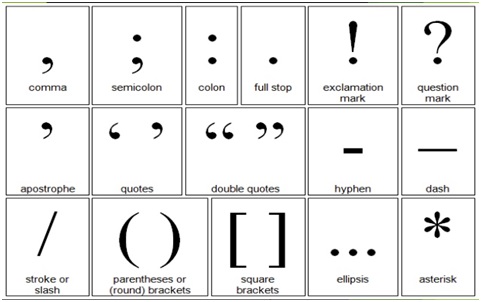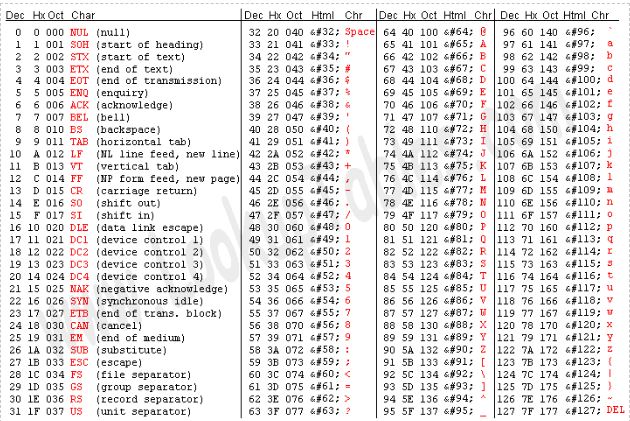What are isdigit() and ispunct() functions in C?
isdigit()
The isdigit() function falls under the header file ctype.h.
Header file :
#include<ctype.h>
This function accepts a character and classifies the character as a digit. It returns a value other than 0 to indicate success.
The isdigit() function checks if the character is a isdigit() accepts an integer as an argument, when a character is passed to the function it internally converts the character to an ASCII value.
Syntax:
int isdigit(int a);
Here, a is the character to be checked.
Note: If the character passed as argument in
isdigit()function is a digit, a non zero value is returned. If the character passed as argument in theisdigit()function is not a digit, 0 is returned.
Code
Below is a simple program that checks to see if it is a digit:
#include <stdio.h>#include<ctype.h>int main(){ char ch='8';if(isdigit(ch)){printf("condition is true");}else{printf("condition is false");}}
ispunct()
The ispunct() function falls under the ctype.h header file.
Header file :
#include<ctype.h>
The ispunct() function is used to determine if a character is a punctuation mark.
Syntax:
int ispunct(int argument);
If the character passed to the ispunct() function is punctuation, then a non-zero integer is returned. If not, it returns 0.
Code
The program below checks for punctuation in a sentence:
#include <stdio.h>#include <ctype.h>int main(){char str[] = "Alas!, You have won the prize. ";int i = 0, value=0;while (str[i]) { //iterating through the stringif (ispunct(str[i])) //checking the conditionvalue++;i++;}printf("The sentence has %d punctuation"" characters.\n", value);return 0;}

